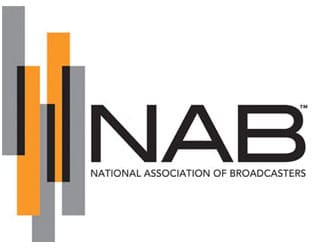Over three-quarters of Americans (77%) have watched a TV show on the Internet rather than on a traditional television. 30% of US adults say, however, they’re not interested in giving up their cable TV in favor of watching TV shows on the net. However, over half of those with cable would stop paying for cable, if certain stipulations were met (56%).
Half of U.S. adults say they have watched a show on the Internet that they never previously saw on a traditional television (51%), according to findings of a recent Harris Interactive survey.
Younger adults are more likely to have watched a TV show on the Internet than are those older—88% of those 18-34 years have, compared to 84% of those 35-44 years, 75% of those 45-54 years and 64% of those 55+.
Men and women are equally likely to have watched a TV show on the Internet—just over three quarters say they have done so (76% and 77%, respectively). Almost nine in ten Americans currently have cable TV (87%) and a majority would stop paying for it in favor of watching TV shows on the Internet if certain conditions were met (56%):
–Two in five say they would stop paying for cable TV in favor of watching TV shows on the Internet if they could get all of the programs that they wanted to watch for free online (44%);
–A quarter of adults say that they would need to get all the shows they wanted to watch online at the same time that they air on TV (25%);
–16% would do so if they could get all the programs they wanted to watch for a small fee online and the same number say they would do so if it was less complicated to set their TV up with Internet.
–Looking by age, majorities of those aged 18-34, 35-44 and 45-54 with cable would be interested in giving up their cable TV if certain conditions were met (between 59% and 62%) yet less than half of those 55+ say the same (45%); and, Men are more interested in stopping their cable TV paid subscription than women are (60% vs. 52%).
RBR-TVBR observation: It all eventually will boil down to what the cord is bringing into the monitor—as simple as that. If an online broadcaster could deliver the same content as a cable MSO for less of a fee, there would be plenty that would make the switch. With iPTV sets abundant now, the consumer is ready, but will the cable and broadcast networks let go and let all of their programming simulcast on the net? Right now many people are just preferring cable TV because the screen is bigger and they’d have to watch internet TV on their laptop or PC—uncomfortable.




